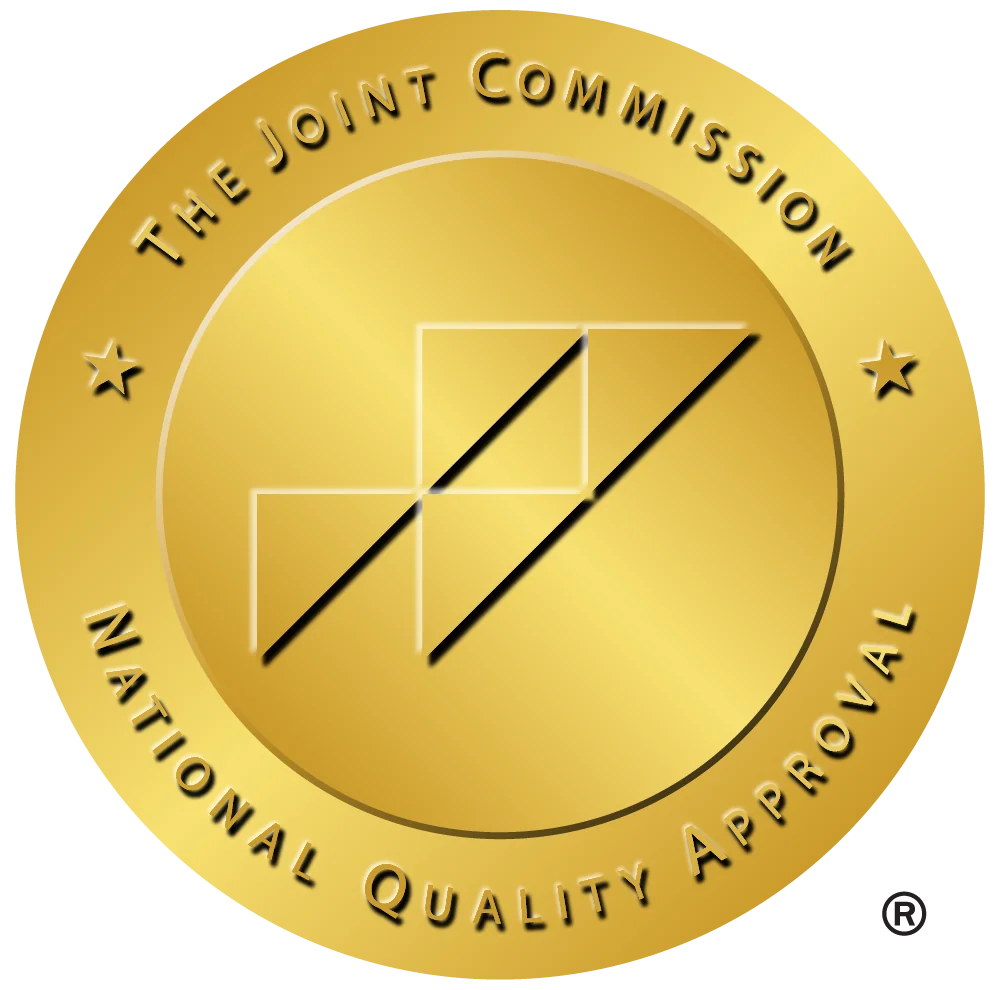Trauma-Informed Care: Compassionate Healing for Mental Health and Substance Abuse Disorders

At Revive Health Recovery, we believe in the power of compassionate, comprehensive care. As a leading healthcare provider, we understand that past traumas can significantly affect an individual’s mental health and substance use patterns. Our trauma-informed care is rooted in empathy, understanding, and scientifically backed treatments. We’re here to guide you on your journey to wellness.
What is Trauma-Informed Care?
Trauma-informed care recognizes that past traumas may shape our lives in profound ways, often leading to mental health disorders and substance abuse issues. This care approach emphasizes physical, psychological, and emotional safety. It creates opportunities for survivors to rebuild a sense of control and empowerment.
At Revive, our practitioners are trained to recognize the signs of trauma, to respond with understanding, and to avoid retraumatization. We offer treatment for a variety of mental health disorders, including depression, anxiety, post-traumatic stress disorder (PTSD), and bipolar disorder, as well as substance abuse disorders such as alcoholism and drug addiction.
The Power of Trauma-Informed Care
Revive Health Recovery tailors its trauma-informed care approach to each individual. We understand that your journey is unique, and so should your treatment be. Our multidisciplinary team comprises psychiatrists, psychologists, therapists, and support staff, all working together to ensure a coordinated and effective treatment plan.
We offer various evidence-based therapies, including Cognitive-Behavioral Therapy (CBT), Eye Movement Desensitization and Reprocessing (EMDR), and Dialectical Behavior Therapy (DBT). Alongside these therapies, we provide a supportive environment that acknowledges the impact of trauma and works towards healing and recovery.
Our Approach to Trauma-Informed Care
According to the Substance Abuse and Mental Health Services Administration (SAMHSA), over 70% of adults in the U.S. have experienced some form of traumatic event at least once in their lives. Studies have shown that trauma-informed care can lead to significant reductions in PTSD and depression symptoms, as well as improvements in overall wellbeing.
A case study by the National Center for Biotechnology Information (NCBI) highlights the effectiveness of trauma-informed care in a substance abuse treatment center. Over 12 months, individuals participating in a trauma-informed care program showed a 59% decrease in drug use and a 44% decrease in symptoms of depression.



